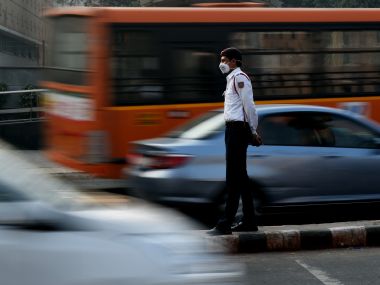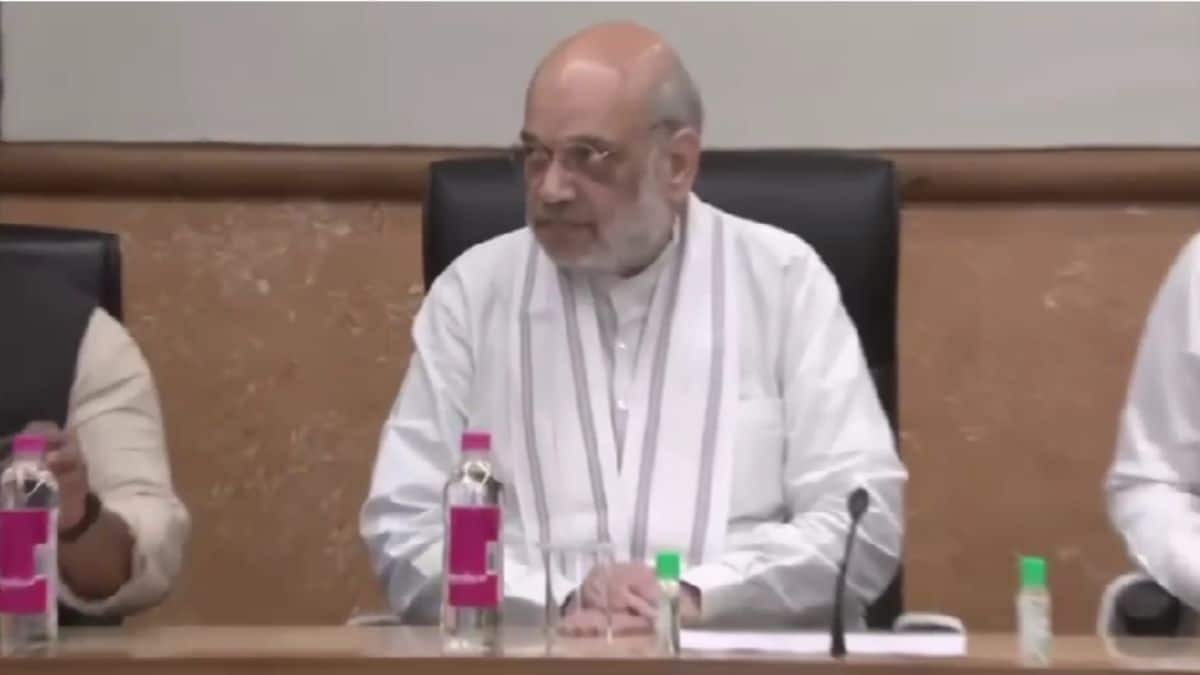The great London smog in the early fifties was so severe that it caused over 12,000 deaths. It forced the British authorities to clean up its act and come up with a Clean Air Act which has been strictly implemented for the last six decades.
Mexico City faced the same problem in the early 90s and in 1992, it was dubbed the most polluted capital in the world. The Mexican government decided to put its act together and prepared a detailed contingency plan which included the compulsory use of catalytic converts in every car, major improvement in public transportation, and the preparation of an ‘Atmospheric Environmental Contingency Plan’ which also includes the restriction of vehicular traffic that comes into operation every time PM 10 levels reach 221.
After Mexico, it was Beijing’s turn to enjoy the dubious distinction of being the most polluted capital city in the world. Once the Chinese government set their mind on executing an action plan, they did not digress from their objectives. They came up with a tough plan where no new car licenses were given to Beijing citizens who were given the choice of car-pooling and the use of public transportation with no exceptions granted. The Chinese are switching over to renewable energy in a big way and are reducing their dependency on coal power plants.
Today, the title of the most polluted city in the world has shifted to Delhi where fine particulate matter levels are twenty times that of the proscribed WHO health standards. And unfortunately for us, India today has 13 of the 20 most polluted cities in the world with the numbers only set to rise. NASA satellite pictures show that a vast blanket of smog has covered north India.
With little action on the ground, air pollution levels will continue to rise dramatically with a concurrent increase in pollution deaths.
The forecast by the capital’s pollution bodies, including the System of Air quality and Weather Forecasting and Research, have warned that pollution levels in terms of PM 2.5 concentration for the entire winter span will remain ‘Very Poor’ and that could well apply to all our major cities including Lucknow, Gwalior and Varanasi.
Impact Shorts
More ShortsWhy is this phenomenon being repeated year after year with each of the 18 agencies looking after air pollution putting the blame on one another? For example, the Delhi government blames the neighbouring states of Haryana, Rajasthan, Punjab and Uttar Pradesh for adding to these high pollution levels because they have failed to rein in their farmers from burning the paddy stubble of harvested crops lying in their fields. The fires cannot be controlled once they have started. The aim should be to come up with an incentive program for farmers much in advance.
That was not done and instead, we have witnessed the pathetic spectacle of there being no joint meeting of the chief ministers of these states to come up with a joint action plan. What is even more shocking is the failure of Prime Minister Narendra Modi to hold a single meeting on a subject that affects millions of his citizens who are being forced to tackle this issue at an individual level.
Of course, Minister of Environment Dr Harsh Vardhan, did make a feeble attempt to defend the prime minister, claiming on TV that the “prime minister was deeply concerned about this matter”. Unfortunately, such an assurance does not cut ice, especially when it deals with a matter so crucial as our right to breather pure air.
Even more shocking has been the response of our agencies. The Environment Pollution (Prevention and Control) Authority (EPCA), under the prodding of the Supreme Court, has come up with a Graded Response Action Plan (GRAP) to control severe pollution in the NCR. The notification for the implementation of GRAP was done by the Ministry of Environment on 12 January this year.
The issue before us is this: Why did it take so long for GRAP to get implemented, given that air quality index (AQI) levels began to get toxic from the first week of October?
Critics claim that the government woke up to the crisis only during the Under-17 FIFA World Cup whereas the crisis had been staring them in their face much in advance.
Defending the delay in the implementation of the GRAP, senior bureaucrat Bhure Lal — who heads EPCA — blamed the media for creating a sense of panic as the situation in the NCR did not warrant extreme emergency steps.
Bhure Lal agrees that all the implementing agencies have to show sincerity in implementing GRAP. The toughest actions to take are the ones that stop vehicular pollution and pollution from burning as a change needs to be effected in people’s attitudes here. Fires in garbage dumps are also of grave concern and difficult to stop as landfill sites have been created in an unscientific manner. Burning crop stubble is another big challenge with Punjab alone burning 15 million tonnes of paddy straw last year, Lal pointed out.
Dr Anumita Roychowdhury, executive director of the Centre for Science and Environment, maintains that vehicular emission remains one of the key sources of pollution throughout the country. Roychowdhury pointed out, “We are still using Bharat 4 (Euro 4) in thirteen of our big cities. But Euro 4 has been discontinued in Europe since 2006. In all our smaller cities, we are using Bharat 3 norms which are more than a decade old.”
Roychowdhury added, “The rapid use of diesel has further triggered pollution. Diesel cars emit three times more nitrogen monoxide and nitrogen dioxide than petrol cars. Their particulate matter emission is also much higher.”
Professor Vikram Soni, physicist with JNU, agrees. “Diesel cars need to be taken off the streets if the PM levels go up. Generators also need to be banned. Metro construction work is being done with diesel generators and that needs to be stopped as also diesel trucks that are bringing produce into the NCR,” he said.
Soni expressed consternation that the central government could not spend Rs 500 crore for farmers in Punjab and Haryana as compensation for them stopping stubble burning. He emphasised, “The present air emergency is not a planning issue, it is a regulatory issue.”
Professor Ranjana Mittal of the School of Planning and Architecture expresses surprise at the entire crop burning fiasco. “Crop burning has been stopped in other states. So, it is surprising that Punjab and Haryana cannot do the same. Obviously, the farmers there need to be given some material incentive. Banning stubble burning is not enough.”
Mittal also seconds Soni’s views that “diesel cars should be banned as also the use of generators in residential colonies. The government also needs to implement a strict garbage segregation policy which has still not been done.”
Commenting on the odd-even scheme, Mittal said, “We should not target number plates. We need to target fuel. Why is diesel so cheap? Also, all government officials should set an example by doing car pooling. If they so, others are bound to follow suit.”
Architect Sandip Kumar, heading Plural Design, feels the whole paradigm of planning in our country needs to be overhauled.
“Our entire urban spaces have been handed over to the rich while the poor are being forced to live in the fringes. Unless our cities are made more sustainable and equitable, we will continue to face problems of vehicular, industrial and water pollution,” said Kumar.
Kumar cited the example of the high congestion tax being imposed in London which helped bring down vehicular pollution. Similar steps need to be taken in the NCR, he maintained.
“We need to recast our cities whereby services are evenly distributed so that the increasing brunt of urbanisation is not borne only by the poor,” said Kumar, who has specialised in designing environment-friendly buildings and green spaces.
Unless strong measures are not taken, doctors warn that India will witness a rising graph of respiratory, heat, cancer and other diseases. Already, neurological disorders have shown a sharp spike in the NCR from early October this year. We have crossed the tipping point in terms of air pollution. Drastic measures need to be implemented to prevent us from facing a health calamity of tremendous proportions.


)

)
)
)
)
)
)
)
)



